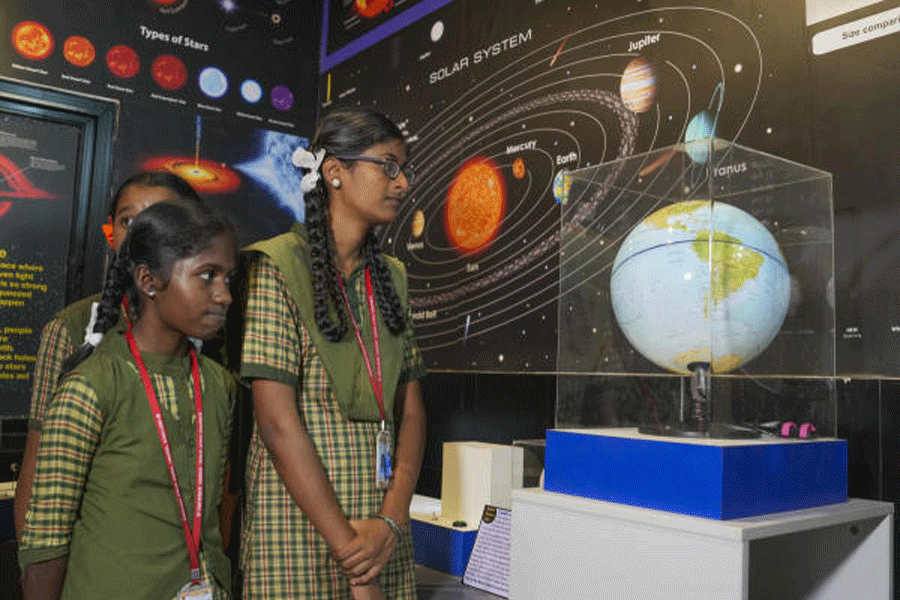Two-year freeze on National Talent Search Examination


The National Talent Search Examination, which selects meritorious schoolchildren for scholarships provided till they complete PhD programmes, has not been held for two years with academics and activists blaming the government’s general lack of interest in spending on education.
The NTSE, started in 1963 and conducted annually for Class X students, has been a sought-after test among bright schoolchildren. But none has been held since October 2021, with the Centre sitting for more than a year on a report from a committee that recommended changes to the test.
The test is held in two stages, the first being conducted in the individual states as an elimination round. The states together qualify 8,000 students (each state has a quota based on its population). In the second stage, the NCERT holds a national-level test to select 2,000 students for the scholarship.
However, in December 2021, the NCERT put up a notice saying the NTSE for 2021-22 had been postponed for administrative reasons. Since then, there has been complete silence.
In 2021, the government had asked the NCERT to review the exam-scholarship scheme and suggest changes. A committee that handed in its report in September 2022 said the objective of identifying real talent was being defeated by the influence of coaching, an upshot being the dominance of urban schoolchildren.
Sources said the committee suggested setting analytical questions and reserving scholarships district-wise, and according to the rural-urban population ratio of each district.
It also recommended increasing the number of candidates who qualify through the state-level tests to eight times the number of scholarships, apparently to reduce the chances of local factors skewing the results.
At present, the 2,000 successful students receive Rs 1,250 a month each in Classes XI and XII and Rs 2,000 a month at the undergraduate and postgraduate levels. The stipend at the PhD level is equal to that of the Junior Research Fellowship, given by the University Grants Commission, which is currently Rs 37,500 a month.
An email was sent to school education secretary Sanjay Kumar on November 20 seeking the reasons for the NTSE not being held for two years. His response is awaited.
Ashok Agrawal, a member of the court of Delhi University, said that one of the offshoots of the National Education Policy 2020 has been the suspension or discontinuation of scholarships.
“The NEP promotes the privatisation of education, and vocational education. The NTSE used to motivate students to focus on and complete their studies,” he said.
But, to the government, “learning is no longer relevant to all students”, he added.
“Those who have money will learn by paying private institutions. Those who don’t have money will do vocational, distance-mode or online education.”
Gurindar Azad, an activist campaigning for the rights of the marginalised sections, said the government does not want to spend on public welfare. He cited how the Centre was asking all its educational institutions to raise funds internally.
Mulayam Singh Yadav, a guest faculty at the DU-affiliated Satyawati College,
underlined how the government had discontinued several other scholarships, including the Maulana Azad National Fellowship for PhD students from minority communities.
“The government does not want the poor, minorities or Dalits to study and join the mainstream,” he said.
Any Class X student from any recognised school can appear in Stage I of the NTSE. At each stage, the NTSE includes a Mental Ability Test, covering verbal and non-verbal reasoning, and a Scholastic Ability Test, covering mathematics, social sciences and the sciences.